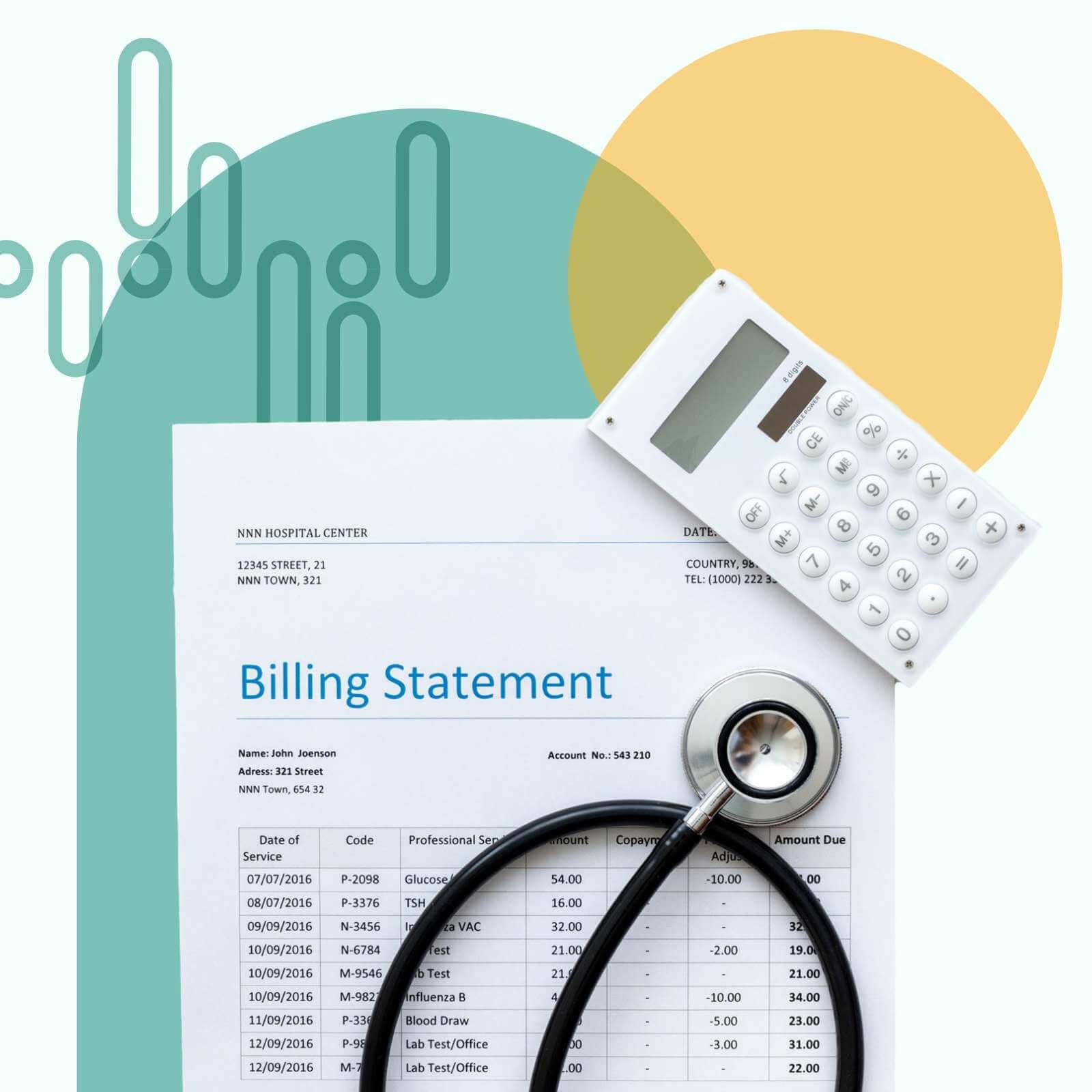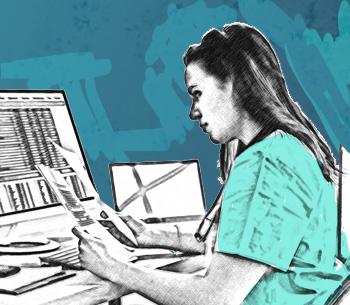Understanding the differences between medical coding and medical billing
Medical coding and billing are two essential components of the healthcare system that are often used interchangeably. Although these two terms are related, they have different meanings, purposes, and functions. Medical coding and billing are crucial for healthcare providers to maintain accurate patient records and ensure accurate reimbursement for services. In this article, we will explore the differences between medical coding and medical billing, their functions, and the crucial role they play in the healthcare industry.
Definition of medical coding and medical billing
Medical coding is the process of converting diagnoses, treatments, and medical procedures into standardized codes to be used by healthcare providers, insurance companies, and government agencies. Medical billing, on the other hand, is the process of submitting and following up on claims with insurance companies to receive payment for medical services provided to patients.
The importance of medical coding and medical billing in healthcare
Medical coding and billing are critical for maintaining accurate patient records, ensuring efficient communication among healthcare providers, and managing healthcare costs. Medical coding ensures that medical procedures are accurately recorded, allowing healthcare providers to deliver quality care to patients. Medical billing is necessary for healthcare providers to receive proper reimbursement for services rendered, which helps to maintain the financial stability of healthcare organizations.
Differences between medical coding and medical billing
The main difference between medical coding and medical billing is their purpose. Medical coding is used to translate medical procedures into a universal language that healthcare providers, insurance companies, and government agencies can understand. Medical billing, on the other hand, is used to submit claims and receive payment for medical services provided. While medical coding is focused on translating medical procedures into codes, medical billing is focused on receiving payment for those services.
Another difference between medical coding and medical billing is the training required for each profession. Medical coders must complete specific training programs and pass certification exams to become proficient in the field. Medical billers must also have specific training, but their focus is more on understanding insurance requirements and billing processes.
Conclusion
In conclusion, while medical coding and medical billing are often used interchangeably, they are two distinct processes with different functions in the healthcare system. Medical coding is used to convert medical procedures into codes, while medical billing is used to submit claims and receive payment for those services. Both processes are critical for maintaining accurate patient records and ensuring efficient communication among healthcare providers. Understanding the differences between medical coding and medical billing can help to clarify the roles and responsibilities of professionals in the healthcare industry.
Presented by

Become a certified medical biller and coder
A dual certification demonstrates competency in both roles — which is an impressive background to bring to any potential employer.

Set yourself up for success. Get the prerequisite training you need.
Medical coding and billing takes time and practice to learn. And getting up to speed on the terminology and knowledge required can be like learning a whole new language.


